Many foreigners have a goal of getting permanent residence in Germany because it means they can live, work, or study in the country for an unlimited time. In general, getting a permanent residence requires a B1 Certificate, but there are exceptions. Keep on reading and we will guide you through the requirements and procedure for how to get a German permanent residence without B1.
What Is B1 Certificate?
A B1 Certificate is a language certificate that shows a certain level of German. Foreigners obtain it by taking a German exam. If you pass the B1 exam, it means you can use the German language independently and communicate about your experience. With a B1 Certificate, you can solve problems you encounter in German during your stay in German-speaking countries.
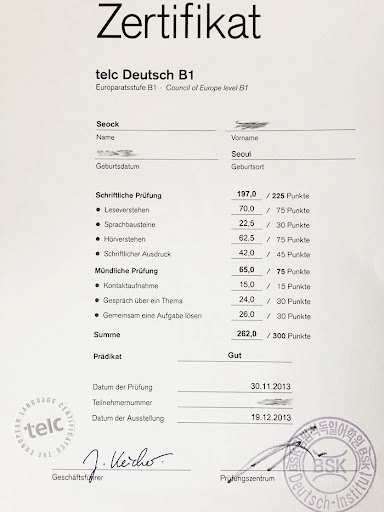
German Language Certificates Explained
There are 3 levels in terms of German language difficulties. The first level is area A which divides into A1 and A2. Area A is the basic level of German. If you understand German words and can communicate in a simple way, your German is in area A.
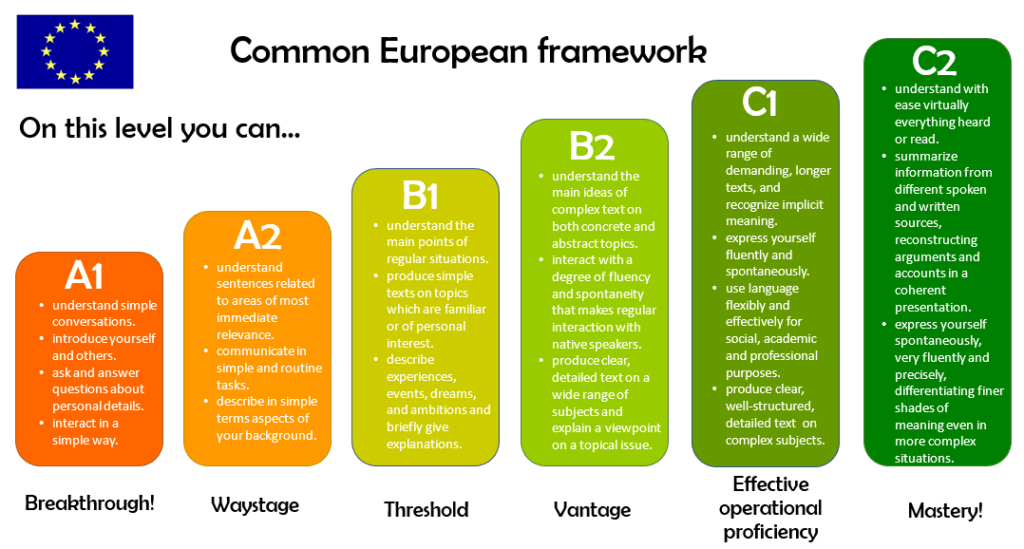
The second level is area B which we are emphasizing in this article. It is a language level where you are able to communicate using correct and full sentences. Also, you are able to write e-mails and messages under daily and work scenarios. Area B is divided into B1 and B2 as well. Compared to B2, B1 is an easier level to reach because it does not require a strong ability to read and write complicated articles and reports.
As for the third level – level C, it is the highest level you can reach and shows that you can understand complex presentations and explain extensive facts fluently.
Normally, a B1 Certificate must be presented when a foreigner applies for a German permanent residence. It is a basic requirement that proves you have enough language skills to live in the country.
Why B1 Certificate Is Important?
The B1 Certificate is crucial to foreigners who intend to stay in Germany in the long term because it is a necessary document for both Naturalization and the settlement permit. Naturalization enables you to get German citizenship and a German passport while the settlement permit allows you to live in Germany legally forever. Both procedures are very important and obtaining a B1 certificate is the first step as it serves as proof of integration. On top of that, you need a B1 level of German in your daily life in Germany.
Can I Obtain German Permanent Residence without a B1?
Yes, it’s possible. As mentioned above, although the B1 certificate is an essential document related to German permanent residence, it is still possible to obtain permanent residence without one under certain conditions. For example, if you have a residence permit refugee status for 5 years, an A2 certificate would be enough for a settlement permit application. We will delve into more details in the following passage.
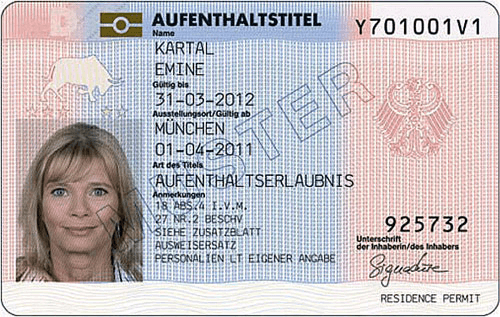
General Requirements for Germany Permanent Residency
To obtain German permanent residency, you need a permanent residence permit, also called the settlement permit. Here are the detailed requirements for the permit:
- A valid passport.
- 1 biometric German passport photo
- You need to stay in Germany for at least 5 years.
- You should contribute to the German pension insurance for at least 60 months.
- No criminal record is allowed.
- Your German should be good enough to get a B1 Certificate in German.
- Proof of a secure financial status is required, such as work contracts, bank records, and last payslips. If you are self-employed, you should provide the latest tax return.
- Proof of registration and accommodation is required, such as a rental contract and Meldebescheinigung of your place. The space you live in must be enough for you and your family members.
- Present proof of health insurance from your health insurance fund.
- Prove that you have a basic understanding of the legal and social system in Germany. To do that, you need to pass the “live in Germany” test.
- For fast-track applicants, you need to present the proof that allows you to fast-track such as your business permit, degree, Marriage Certificate, EU Blue Card and so on.
The above are the general requirements and they may vary from city to city. Please check with your local immigrant office for confirmation when you apply.
Requirements for Germany Permanent Residency without B1
Not everyone can provide a B1 Certificate and getting permanent residence in Germany without a B1 can be challenging. However, with specific conditions, it is possible. See the following requirements:
- Integration course
The applicant has completed an integration course successfully and received a certificate. The certificate is sufficient.
- Residence permit
Foreigners who obtained their residence permit before January 1, 2005, do not have to present a B1 Certificate. A language skill at the A1 level is good enough.
- Illness or disability
If you fail to prove your B1 level of German due to a physical or mental illness or disability, you can provide related medical proof. It will exempt you from the B1 requirement.
- No request for an integration course
If the Foreigners’ office never asks you to take an integration course, you don’t have to present a B1 Certificate. It means an A1 level of basic German is sufficient.
- EU Blue Card holder
With an EU Blue Card, only a language level of A1 is required for a settlement permit. Also, you can expedite the application process with only 33 months of employment.
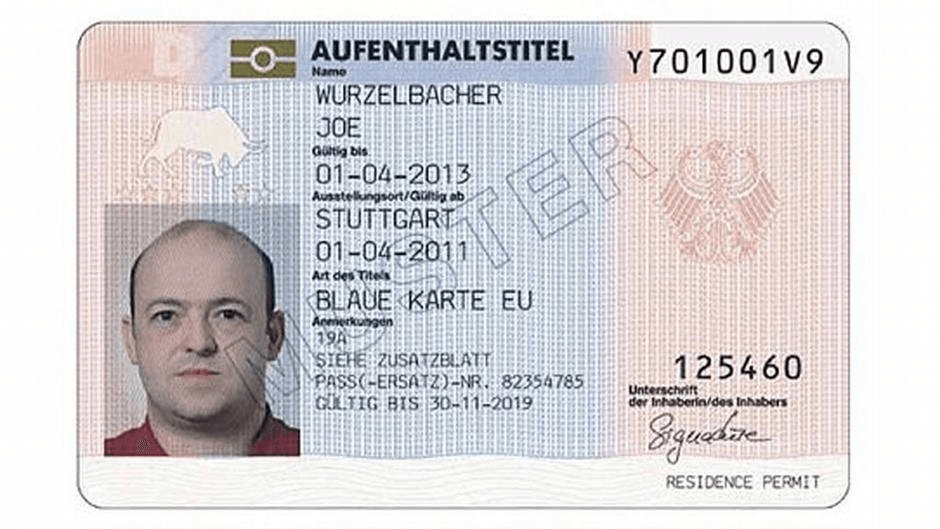
Complete Process to Obtain Germany Permanent Residency without B1
Having gone through the prerequisites for the permanent residence permit, here are the procedure for getting the permit without B1:
- Check eligibility
Check if you have met the general requirements and a specific requirement to exempt you from proving a B1 language skill.
- Prepare the necessary documents
Gather all the documents as required, including the biometric photo, your passport, etc.
- Fill out the application form
- After you have the necessary documents, you can make an appointment at a Foreigner’s office by filling out an application form.
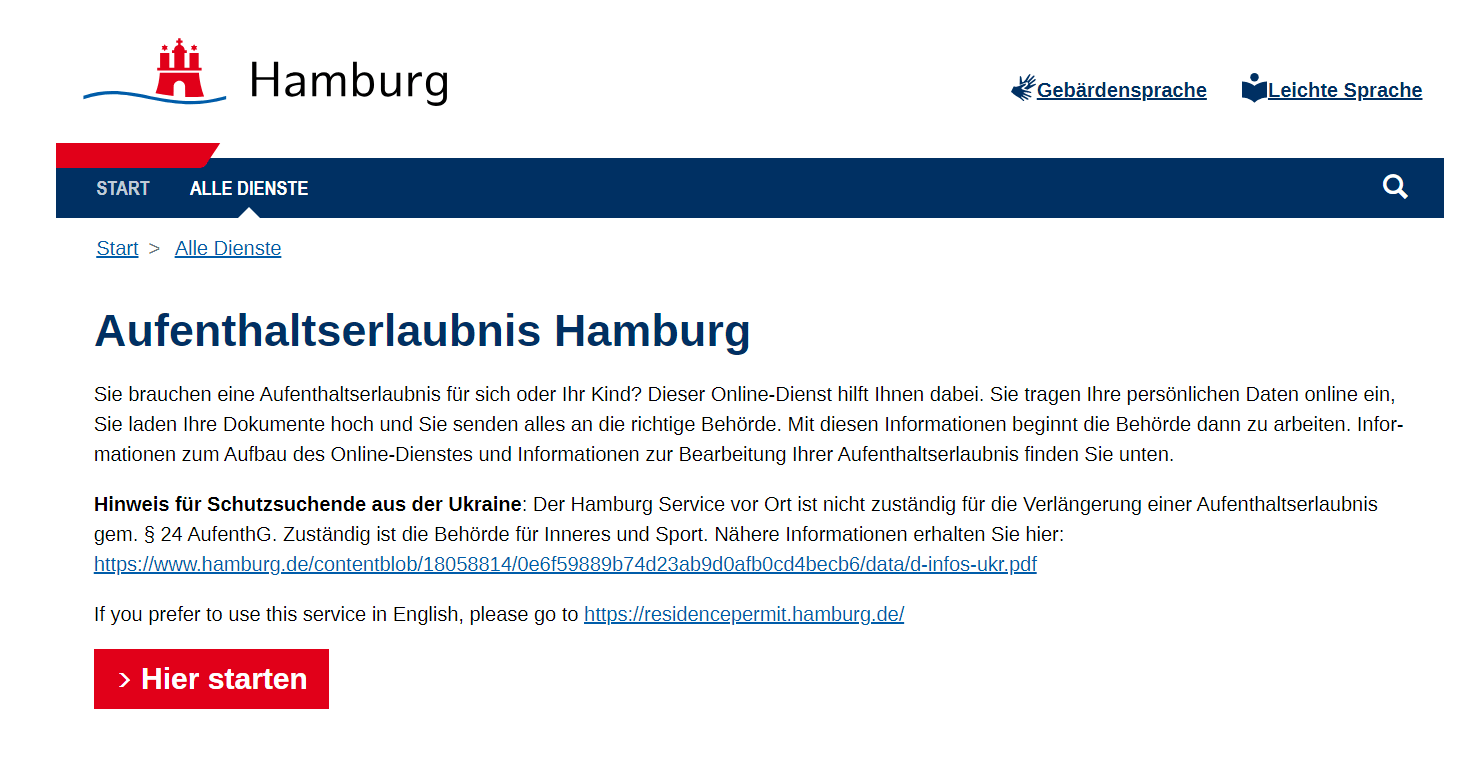
- Some Foreigners’ offices have online application services, which can save you some time. For example, the Hamburg office can be reached through its online portal. On its website, it requires you to fill in your personal information and upload your documents. Once you follow the instructions, you can arrange an appointment online.
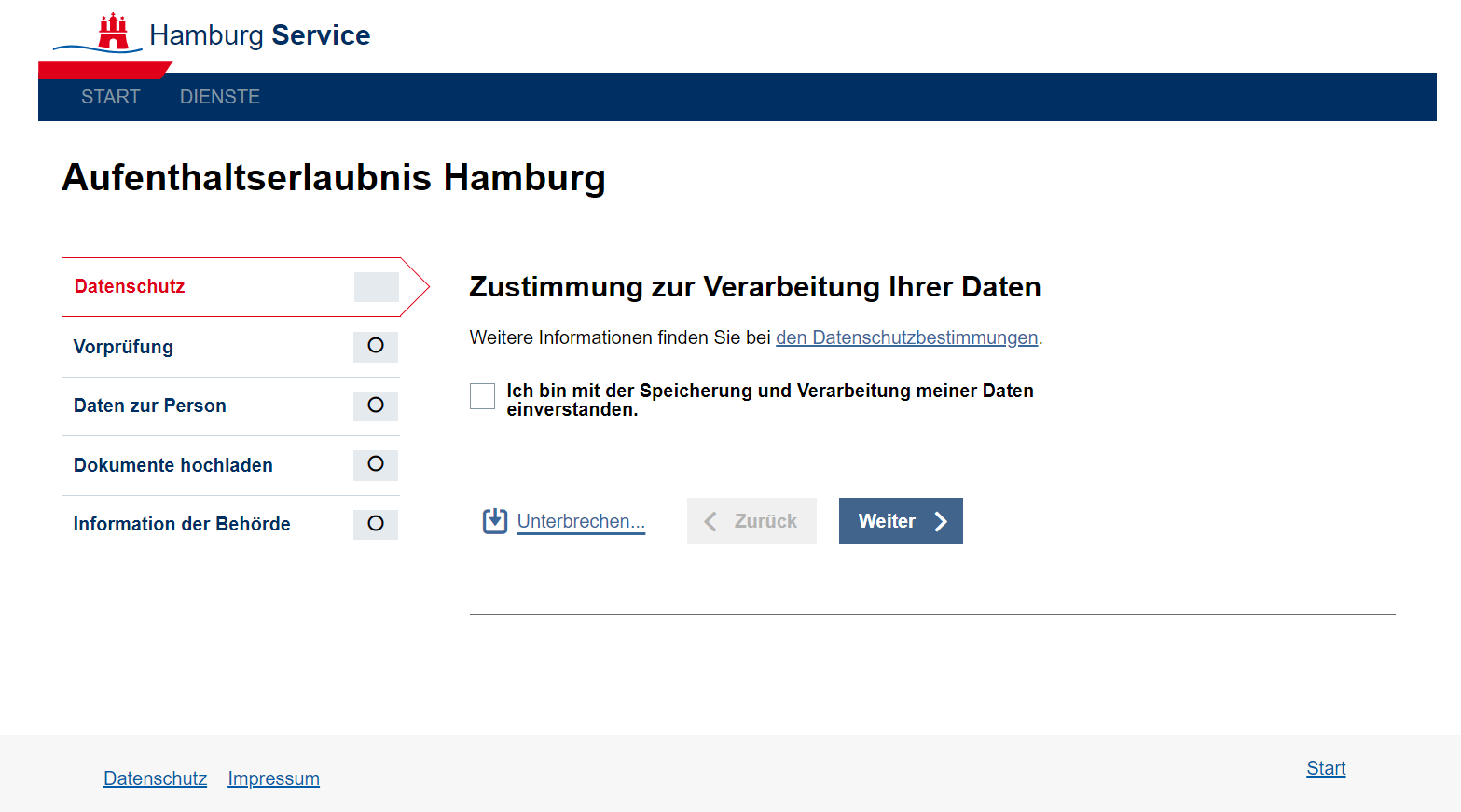
Online applications are usually available in big cities, such as Berlin, Dusseldorf, Munich, Frankfurt, Stuttgart, etc.
- Submit application form and documentation in person
Go to the responsible Foreigners’ office on the scheduled date in person and submit your application form as well as other related documents. Make sure you bring both the originals and photocopies.
- Pay the fee
Once your documents are verified, you need to pay the fee. The fee for a permanent residence permit depends on your job category. See the list below:
- General: 113 euros
- Self-employed: 124 euros
- Highly qualified professional: 147 euros
- Re-issuing: 67 euros
- Obtain Germany permanent residency
It may take 12 weeks to process your application. When your application is approved by the authority, you will receive your permanent residence permit. If your application has not been processed after 12 weeks, you can file a complaint against the authority.
Benefits of Obtaining Germany Permanent Residency
Why do we suggest foreigners in Germany get permanent residency? There are many benefits of having German permanent residency. Here are some of them:
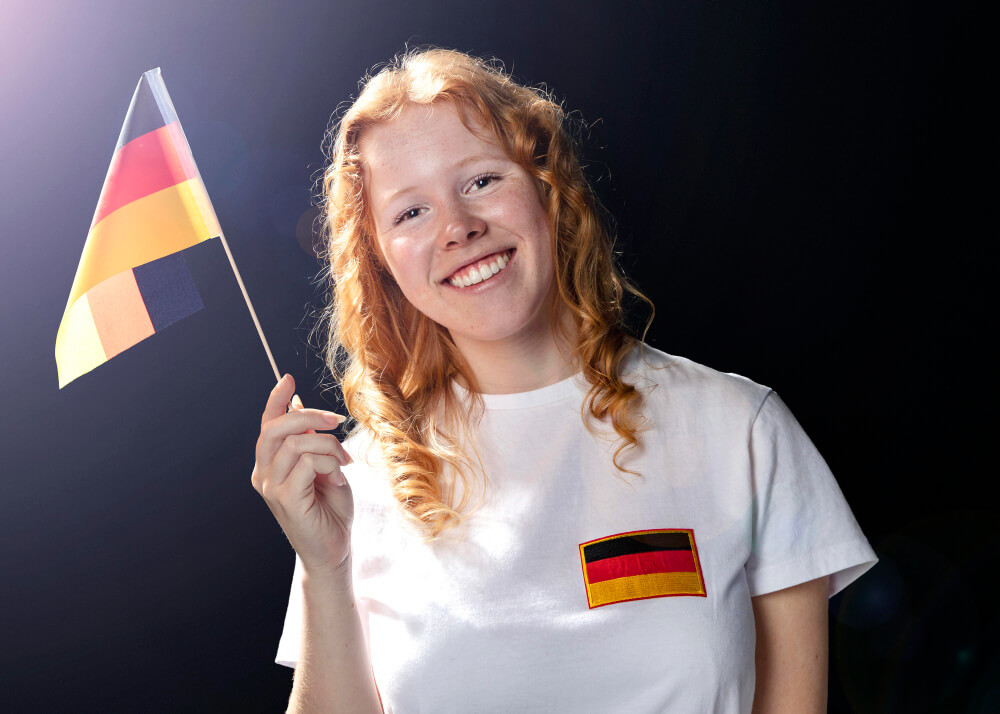
- Permanent residence
With permanent residency, you can stay in Germany forever and you don’t need to extend your residence right.
- Easier naturalization
Getting permanent residency in Germany makes it easier for you to obtain German citizenship. Without it, naturalization may be very difficult.
- Freedom of entry
You can enter and leave Germany freely.
- Freedom of employment
Permanent residency allows you to work in and outside of Germany legally. You have the right to switch jobs or start your own company.
- Getting loans
You can take out loans with permanent residency so that you can make bigger investments.
Bonus Tips for Getting Germany Permanent Residency without B1
As the process for getting Germany permanent residency without B1 may be challenging, here we offer you some tips to avoid difficulties or misunderstandings:
- Understand eligibility requirements
Understanding eligibility is the first thing to do. If you think you meet one of the requirements, you need official documents to prove it.
- Use a checklist for the documents required
Making sure you have the documents required is important. Get a checklist from the foreigner’s office and check all the boxes one by one when you prepare documents.
- Collect proof of language skills
Although you intend to apply for permanent residency without B1, you still need to prove your German language level. Collect all the alternative proof of language skills you have, such as the A1 Certificate.
- Be patient for the procedure
The processing time for a permanent residence permit takes about 12 weeks which is quite long. Be patient when you are waiting for the result.
- Ask for advice from professionals
Seek advice from lawyers. It clarifies the laws for you and helps you speed up the process.
- Contact the Foreigners’ office
If there is any problem before or after your application, you can always contact the responsible foreigners’ office for help.
FAQ
Is the A1 certificate enough for permanent residency?
Yes, but it is only enough for a certain type of applicants, including foreigners who get their residence permit before Jan 1, 2005, EU Blue Card holders, etc.
Do I need a B1 certificate if I am married to a German citizen?
Yes. You still need to apply for citizenship even if you are a spouse of a German. At least a B1 level of German is required.
Can I travel with a German permanent residency?
Yes. You can travel in and outside of Germany with German permanent residency.
Does Germany’s permanent residency expire?
No. Obtaining Germany permanent residency means you can stay in Germany forever without getting your residency extended.
Conclusion
As a foreigner in Germany, obtaining Germany permanent residency gives you more freedom. You are free to work, live, and travel throughout the country and you don’t have to worry about being deported anymore. As important as the B1 certificate is, you can follow this guide and try to apply for a permanent residence permit without it. Good luck with your application.